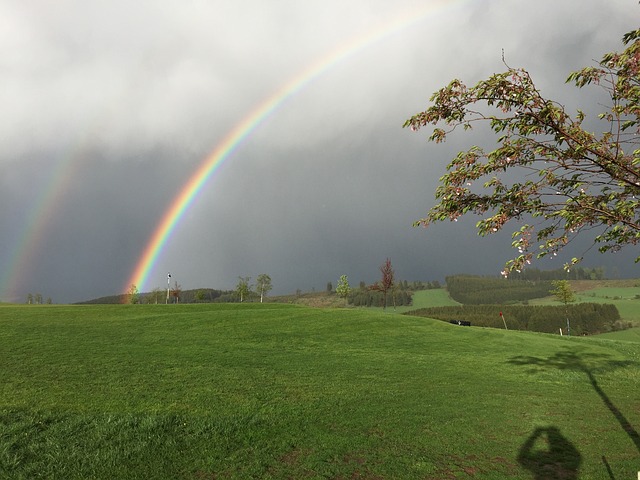Crafting Visual Narratives: Enroll in a Transformative Video Editing Course
In an age where visual content reigns supreme, the ability to craft compelling narratives through video editing becomes an invaluable skill. As an amalgamation of creativity and technical expertise, video editing transforms raw footage into engaging stories that resonate with audiences. Whether you are a budding filmmaker, a content creator, or someone wanting to enhance personal projects, enrolling in a transformative video editing course can open up a world of possibilities.
The Power of Video Editing
Video editing is not merely a mechanical process of cutting and splicing footage together. It is an art form that tells stories, evokes emotions, and captivates viewers. The power of video editing lies in its ability to shape perception, transform mundane clips into memorable experiences, and present information in a visually exciting manner. Through careful selection, arrangement, and enhancement of video elements, editors can create a seamless narrative that engages viewers from start to finish.
Understanding the Basics
Before diving into advanced techniques, foundational knowledge is essential. A well-structured video editing course typically starts with the basics, including:
- Familiarization with Editing Software: Understanding the tools at your disposal is crucial. Most courses will introduce popular software platforms like Adobe Premiere Pro, Final Cut Pro, or DaVinci Resolve. Each tool has its unique features that cater to different levels of expertise and project requirements.
- Learning Video Formats: Different platforms and devices use various video formats. Knowledge about aspect ratios, codecs, and resolutions allows you to tailor your projects for desired outcomes.
- Storyboarding and Scripting: The editing process begins long before you touch the software. Creating a storyboard and scripting your narrative helps in visualizing the content, ensuring you have a clear direction moving forward.
The Role of Storytelling in Video Editing
Every successful video has a story to tell. As you progress through a video editing course, you will delve deeply into the fundamental elements of storytelling, which include:
- Character Development: Understanding the characters in your story—whether they are real-life people, animated figures, or even abstract concepts—is essential to connecting with your audience.
- Conflict and Resolution: Engaging narratives often revolve around conflict. Identifying the central conflict and how it resolves can steer the editing process and produce a narrative arc that holds viewers’ attention.
- Pacing and Timing: Through editing, you can manipulate time, altering the pace of the story. Knowing when to fast-forward, slow down, or pause is crucial for maintaining drama and tension.
Advanced Techniques and Concepts
With a firm grasp of the basics and storytelling elements, students can explore advanced techniques that enhance their editing skills. These may include:
- Color Grading: This process involves adjusting the colors in your footage to convey certain moods or aesthetics. Mastering color grading can significantly impact the emotional tone of your narrative.
- Sound Design: Audio is half of the viewing experience. Learning to enhance your videos with background music, sound effects, and voiceovers will give depth to your storytelling.
- Visual Effects (VFX): Incorporating visual effects can help to create stunning visuals that elevate your narrative. Courses often provide familiarization with VFX techniques that range from simple transitions to complex animations.
Practical Experience: Building Your Portfolio
Any course worth its salt emphasizes practical application. You can expect hands-on projects where you edit actual footage, allowing you to apply what you’ve learned and develop your distinct editing style. Completing several projects helps in building a portfolio, an essential tool for aspiring editors. A strong portfolio showcases your skills and creativity, making you a competitive candidate in the job market or for freelance opportunities.
Networking Opportunities
Enrolling in a video editing course often provides more than just education; it opens doors to networking opportunities. Interacting with instructors and peers who share a passion for video editing allows you to exchange ideas, collaborate on projects, and potentially form lasting professional relationships. Engaging with a community of like-minded individuals can also provide inspiration, motivation, and access to resources you may not have encountered otherwise.
Career Paths in Video Editing
Video editing offers a diverse range of career options. Upon completing a course, you may pursue roles such as:
- Film Editor: Working on films and documentaries, film editors are responsible for shaping the final product by collaborating closely with directors.
- Television Editor: In the broadcast industry, television editors handle content for news, dramas, and reality shows, working under tight deadlines.
- Content Creator: With the rise of social media platforms, many individuals create and edit their own content. This role allows for creative freedom while potentially building a personal brand.
- Commercial Editor: Focusing on advertisements and promotional videos, commercial editors must understand marketing strategies to create impactful content.
- Freelance Editor: Freelancing offers flexibility and the opportunity to work on varying projects across different domains, from corporate videos to wedding films.
The Future of Video Editing
The landscape of video editing is continuously evolving with advancements in technology. Emerging trends include:
- AI Integration: Artificial intelligence is helping streamline many aspects of video editing, from automated edits to refined color grading.
- Virtual Reality (VR) and Augmented Reality (AR): As these technologies gain traction, so does the demand for editors skilled in immersive storytelling.
- Short-form Content: Platforms like TikTok and Instagram Reels are changing how content is created and consumed, leading to an emphasis on quick, engaging edits.
Conclusion
Enrolling in a transformative video editing course is more than just learning to cut and splice clips; it is an opportunity to unlock your creative potential while mastering a crucial skill in today’s digital world. A well-rounded course prepares you for the technical, artistic, and professional aspects of video editing, allowing you to produce compelling visual narratives that engage and inspire audiences. Whether you aim to make a career in the industry or simply hone your skills for personal projects, the journey into video editing promises to be rewarding, fulfilling, and ever-evolving.




